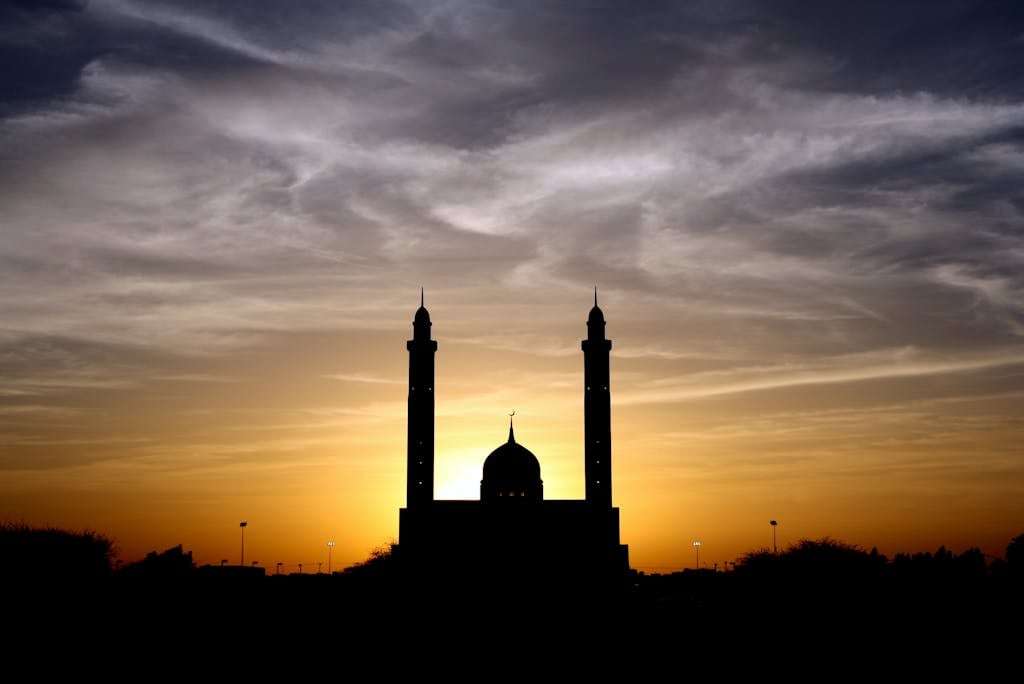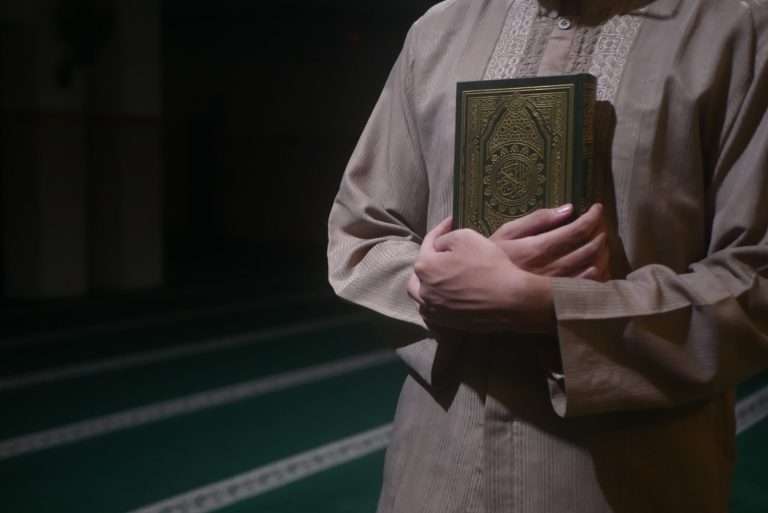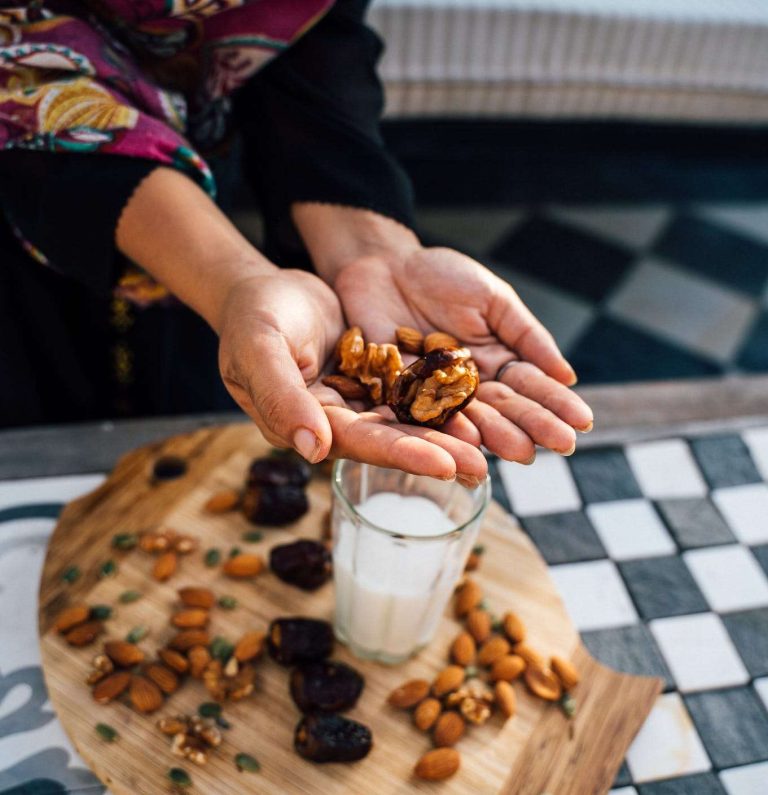New Believers Face Difficulties: Makkah Rejects Prophet Muhammad
Chapter 4
“We love to help you, accept your counsel, and trust in your words,” one of his uncles, Abu Talib, answered to his request. These are your kinspeople, and I am one of them, but I am the quickest to accomplish what you want. Carry out the instructions. I will safeguard and defend you, but I cannot abandon ‘Abdul-faith. Muttalib's ((Abu Talib’s father).” (The Sealed Nectar))
But his other uncle, Abu Lahab, had a quite different attitude. It was considerably worse when, a few days later, Prophet Muhammad (peace be upon him) travelled to Mount Safa in Makkah to publicly proclaim his prophethood.
On Mount Safa
Ibn Abbas, according to a Hadith in Sahih Al-Bukhari, said:
When the following verse was revealed: {And warn your tribe (O Muhammad) of near kindred.} (26:214), the Messenger of Allah (peace be upon him) ascended Mount Safa and started to call:
O Bani Fahr! O Bani ‘Adi (two sects of Quraish).
Many people gathered, and those who couldn't did so by sending someone to report to them. Abu Lahab was also in attendance.
The Prophet (peace be upon him) said:
You see, if I were to tell you that there were some horsemen in the valley planning to raid you, would you believe me?
They said:
“Yes, we have never experienced any lie from you.”
He (peace be upon him) said:
I am a warner to you before a severe torment.
Abu Lahab promptly replied:
“Perish you all the day! Have you summoned us for such a thing?”
The following verse was immediately revealed on that occasion:
Perish the two hands of Abu Lahab… (111:1)
The hostile reaction Prophet Muhammad (peace be upon him) faced did not deter him from calling people to Islam. In fact, Allah’s command for him to go public was reinforced when this verse was revealed:
Therefore, proclaim openly (Allah’s Message — Islamic Monotheism) that which you are commanded, and turn away from Al-Mushrikun (polytheists). (15:94)
Calling to Islam Despite Resistance
After this event, the Prophet (peace be upon him) started preaching everywhere – in public venues and in front of the Ka’bah. When visitors came to Makkah, the Prophet (peace be upon him) would be waiting for them. He spoke to people in the marketplace and on every feasible occasion.
However, most of the people of Makkah opposed him. They were outraged at the idea that their time-honored ideological Makkan life could be turned upside down. They could not bear to hear someone suggest that polytheists and idolaters were straying people.
The first thing they did to try and stop Prophet Muhammad (peace be upon him) from preaching was to appeal to the highest authority who was protecting him, his uncle Abu Talib. They said to him:
“Oh Abu Talib, this is your nephew cursing our idols, preaching a new message. Surely you cannot let this happen?”
Abu Talib did not want a confrontation, so he gave them some gentle words and let them go on their way. But as the number of new converts increased, so did the pressure to stop Muhammad (peace be upon him). They threatened Abu Talib and tried to bribe him to remove his protection of Muhammad (peace be upon him).
But Abu Talib refused after his nephew told him:
O my uncle! By Allah, if they put the sun in my right hand and the moon in my left on condition that I abandon this course, until Allah has made me victorious, or I perish therein, I would not abandon it. (Al-Bukhari & Muslim)
More Tactics to Stop Islam & the Persecution of Converts
As the gradual spread of Islam continued after Prophet Muhammad (peace be upon him) declared his prophethood in public, the people of Makkah did not know how to confront this new wave of conversions.
By the start of the fourth year of the Qur'anic revelation, they were not merely accusing Prophet Muhammad (peace be upon him) of being a magician and spreading false propaganda. In desperation, they went one step further.
The persecution of new converts reached the stage of torture in some cases, like that of Bilal.
“Bilal, the slave of Omaiyah bin Khalaf, was severely beaten by his master when the latter came to know of his conversion to Islam.
Sometimes a rope was put around his neck and street boys were made to drag him through the streets and even across the hillocks of Makkah. At times, he was subjected to prolonged deprivation of food and drink; at others, he was bound up, made to lie down on the burning sand, or under the crushing burden of heavy stones.
Other similar measures were employed in order to force him to recant. All of them proved to be in vain. He persisted in his belief in the Oneness of Allah. On one such occasion, Abu Bakr was passing by; moved by pity, he purchased and emancipated him from slavery.”
It was not only men; female converts to Islam also faced many hardships because of their new faith. Sumayyah, the mother of Ammar, and her Muslim family members were persecuted and tortured. In fact, she was the first female martyr in Islam.
“(Ammar ibn Yasir), along with his mother and father, embraced Islam in its early phase. They were repeatedly made to lie on the burning sand and were beaten severely. ‘Ammar was at times tossed up on embers.
The Prophet (peace be upon him) was greatly moved by the atrocities being perpetrated upon ‘Ammar and his family. He always comforted them and raised his hand in prayer and said: ‘Be patient, you will verily find your abode in the Paradise.' Yasir, the father, died because of repeated torture.
Sumayyah, ‘Ammar's mother, was bayoneted to death by Abu Jahl himself, and thus merited the title of the first female martyr in Islam.” (The Sealed Nectar
The Patience of Muslim Converts
It is not easy to convert to Islam when most people where you live are against the idea. It takes a lot of courage today to go out in public as a visible Muslim when the media is so full of attacks on Islam as a religion and on many Muslims as individuals.
But when the faith is strong and one is sure they have found the truth, it is our basic human right to follow the truth, even when others disagree. This is a core principle of freedom of faith, and nobody can stop us from being Muslims and from practicing Islam.
The first converts were fortunate to have direct access to Prophet Muhammad (peace be upon him) as a teacher and a mentor, so they had all the moral support they needed. They were very patient in the face of all this hostility and were ready to endure some hardships for the sake of the truth they had found.
Today, new converts to Islam can benefit from the inspiration of that early generation and draw important lessons on how to cope with misunderstandings and sometimes with hostility from some non-Muslims they meet in public.
At the same time, their new Muslim community must provide them with the support they need and must offer them sound advice to help them gradually integrate into the Muslim community. New converts to Islam have many rights that should be provided by their fellow Muslim brothers and sisters, some of which are suggested in this document entitled A Draft Declaration of Basic Rights of Converts to Islam.
Meanwhile, new converts are encouraged to be patient when dealing with misconceptions and negative reactions from their non-Muslim families and friends.
Patience is an important virtue which Allah (SWT) loves, as He says in the Qur'an:
…. Allah loves the patient. (3:146)
And after hardship there will be ease; so persevere, and do your best to learn and practice Islam, while making du'a that Allah (SWT) always guides you to His Straight Path.







2 Comments